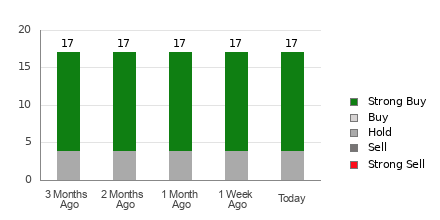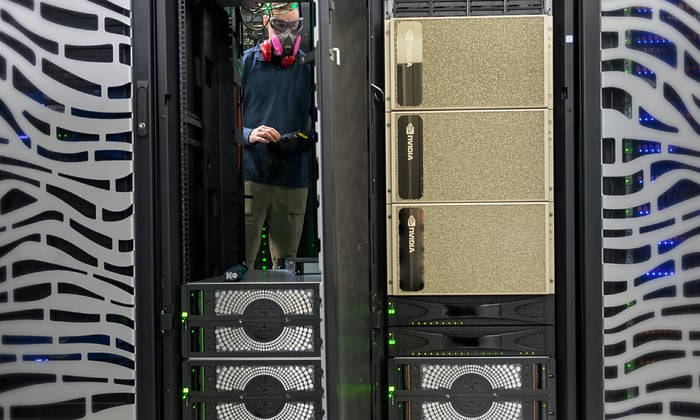By Valentina Za
MILAN, March 20 (Reuters) – As Europe’s debt collectors navigate through shifting waters, from the aftermath of the euro zone sovereign debt crisis to the impact of COVID-19 and energy crises, a reckoning looms on the horizon.
Once thriving on the feast of bad loans, these companies find themselves in a famine as the number of non-performing loans remains stagnant at 1.8% of total bank loans for six consecutive quarters in Europe, according to official data.
The monumental clean-ups in the southern European banks that fueled the bad loan bonanza have drawn in major international investment firms like Apollo, Cerberus, PIMCO, Elliott, and Lone Star. Government-backed support measures have further cushioned the blow, ensuring the resilience of companies and households.
Rethinking Business Models and Reflecting on Market Trends
In Italy, a significant market for bad debts in Europe, the sales last year totaled 31 billion euros, a sharp decline from the peak in 2018. Companies like Intrum in Sweden, the continent’s largest debt collector, and Italy’s doValue have faced record lows in stock prices as they grapple with restructuring their operations in a challenging environment.
Francesco Cataldo, a director at consultancy PwC Strategy& in Milan, highlighted the ongoing metamorphosis within the sector, as players seek to adapt to the new normal.
Adapting to Changing Dynamics
Many collectors have halted the purchase of new impaired loans due to escalating debt costs, shifting their focus to shedding existing assets acquired in the past. Intrum, amid a significant decline in its shares, recently sold a substantial loan portfolio to Cerberus, aiming to improve its debt position.
Adopting a ‘capital light’ model, companies like Intrum and AMCO in Italy are realigning their strategies to navigate through the headwinds of lower bad loan flows and increased competition.
The Implications of Mergers and Acquisitions
With mergers emerging as a strategic option to reduce competition and enhance scale, the sector has witnessed challenges in striking deals due to unattractive valuations for sellers.
Amid failed attempts in recent years, the acquisition of Italian loan manager Prelios by fintech group ION could set a new precedent for future deals, offering a glimmer of hope for an M&A revival in the industry.
Looking Ahead: The Unresolved Debt Challenges
As regulators closely monitor the sector’s dynamics, concerns linger over the billions of euros of problem debts that are yet to be resolved, particularly in markets like Italy. The sector’s ability to navigate through these challenges will be crucial for businesses and families grappling with debt issues.
($1 = 0.9144 euros)
European Banks’ NPL level Q323 https://tmsnrt.rs/3vfmLbT
Debt collectors’ shares https://tmsnrt.rs/3TI6mGf
(Reporting by Valentina Za; Editing by Tommy Reggiori Wilkes and Mark Potter)
(([email protected]; +39 02 6612 9526;))
The views and opinions expressed herein are the views and opinions of the author and do not necessarily reflect those of Nasdaq, Inc.






